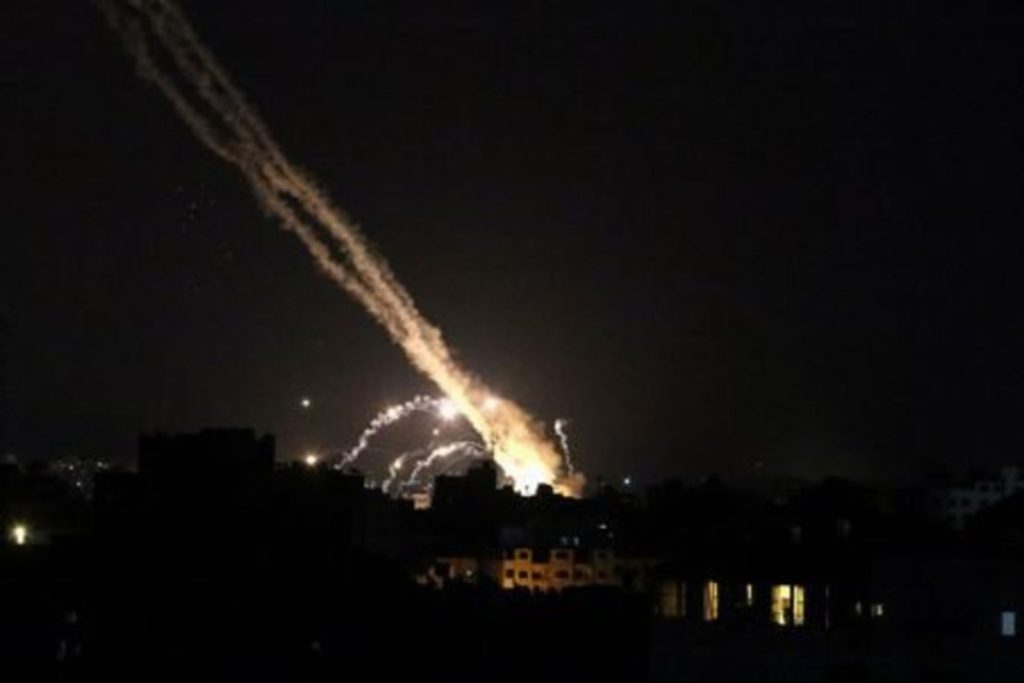Operation Gideon Chariots: Israel Intensifies Military Campaign in Gaza
The Israeli government announced on Saturday the launch of a new large-scale military operation in the Gaza Strip, dubbed “Operation Gideon Chariots,” aimed at ratcheting up pressure on Hamas to release the remaining hostages. Defence Minister Israel Katz described the offensive as being executed with “great force” by the Israel Defense Forces (IDF), marking a sharp escalation after days of intensive air and ground strikes.
Named Offensive and Its Objectives
Operation Gideon Chariots follows weeks of relentless bombardment across Gaza, which Gaza’s Health Ministry reports has killed hundreds of civilians. According to official statements:
- The new operation is designed to target key Hamas infrastructure and commanders.
- Its primary goal is to compel Hamas to free up to 23 hostages still believed alive.
- Israel has vowed not to halt the operation until all hostages are returned and Hamas is effectively dismantled.
Hostage Situation and Negotiations
Since the Hamas attack on October 7, 2023, which left 1,200 Israelis dead and 251 abducted, securing the hostages has been Israel’s paramount objective. Of those taken, authorities estimate as many as 23 remain alive, though the fate of at least three is considered critical. Negotiations mediated in Doha, Qatar, have failed to yield a breakthrough. As a symbolic gesture ahead of U.S. President Donald Trump’s Middle East trip, Hamas released an Israeli-American hostage, but the broader talks have made little progress.
Trump’s Visit and Its Aftermath
President Trump concluded his regional tour without visiting Israel, dashing hopes for a diplomatic breakthrough. Despite expectations that his involvement could revive ceasefire talks or accelerate humanitarian aid into Gaza, no substantive agreements emerged. The collapse of these hopes appears to have emboldened Israel’s government to press ahead with a forceful military assault.
Civilian Casualties and Humanitarian Crisis
Gaza’s Health Ministry reported more than 150 deaths in the last 24 hours alone, and a total toll exceeding 3,000 since Israel ended the January ceasefire on March 18. Key details include:
- Over 53,000 Palestinians killed in the wider conflict as of May 2025, according to Gaza’s authorities.
- At least four children were killed in a strike on Jabaliya refugee camp, with seven more wounded.
- The Gaza Strip has been under a total blockade for three months, cutting off food, water, fuel, and vital supplies.
International food security experts warn of impending famine if humanitarian corridors remain closed.
New Humanitarian Effort Faces UN Skepticism
Amid the blockade, a U.S.-backed humanitarian organisation, the Gaza Humanitarian Foundation, announced plans to assume aid distribution before month’s end. The foundation, led by former U.S. military veterans and humanitarian coordinators, claims to have secured key Israeli agreements. However, major aid agencies and the United Nations have declined to participate, citing breaches of humanitarian principles.
UN Humanitarian Chief Tom Fletcher criticised the plan, insisting on “rapid, safe and unimpeded aid delivery” under established international protocols. Meanwhile, Israel has yet to clarify the operational details for allowing relief convoys to resume deliveries.
Political Stakes and Regional Fallout
Israeli Prime Minister Benjamin Netanyahu has framed the operation as essential to national security, pledging to eliminate Hamas’s military capabilities. Critics argue the escalation risks deepening the humanitarian catastrophe and undermining any prospects for a stable ceasefire.
Regionally, the renewed offensive has drawn condemnation from global leaders. The United Kingdom’s foreign secretary called for “urgent de-escalation,” while neighbouring Egypt and Jordan have voiced alarm over the risk of a wider conflict. As the military campaign intensifies, diplomatic pressure mounts on all parties to seek a lasting resolution.
Idling Gaza’s Future
With conflict now entering its ninth month, Gaza finds itself at a perilous crossroads. The success of Operation Gideon Chariots will be measured by the return of hostages and the dismantling of Hamas’s command structure. Yet the cost in civilian lives and the unraveling of basic services threatens to leave Gaza’s population in even deeper despair, underscoring the urgent need for a credible political exit from this cycle of violence.
